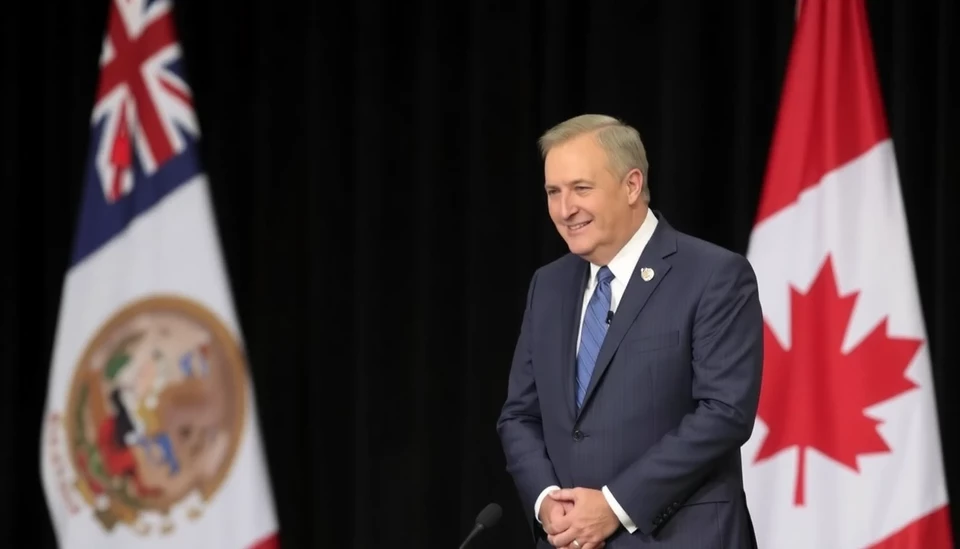
In a surprising turn of events, Ontario Premier Doug Ford has proposed a new trade agreement between Canada and the United States that would exclude Mexico from the equation. This bold suggestion could reshape the landscape of North American trade relations, aiming to strengthen economic ties between the two neighboring countries while sidelining Mexico.
Speaking at a trade conference in Toronto, Ford emphasized the need for a more streamlined trade framework that prioritizes the interests of Canadian and American businesses. He expressed concern over the complexity and inefficiencies currently present in the US-Mexico-Canada Agreement (USMCA), arguing that a bilateral deal between Canada and the U.S. could lead to faster negotiations and more favorable outcomes for both partners.
"We can work together with our friends in the United States to cut through the bureaucratic red tape that's slowing down commerce," Ford stated, underscoring the potential benefits of a direct trade pact without Mexico's involvement. The premier believes that focusing solely on Canadian and U.S. interests could allow for more targeted policies that enhance trade efficiency and drive economic growth.
Ford's remarks come as both countries grapple with economic headwinds, including inflation and supply chain disruptions. He posited that a direct deal could lead to lower costs for consumers and greater opportunities for businesses in both jurisdictions. Additionally, he suggested that eliminating Mexico from discussions could expedite negotiations on crucial bilateral issues, such as tariffs, agriculture, and manufacturing.
This proposal raises several questions about its feasibility and political ramifications. Critics of the idea highlight that Mexican participation in trade agreements has been crucial for the economic stability of the North American region. They warn that excluding Mexico could provoke diplomatic tensions, leading to potential trade disputes between these nations.
Experts suggest that while a U.S.-Canada agreement might initially benefit certain sectors, the long-term effects could disrupt the delicate balance of North American trade, making it imperative for stakeholders to consider the complexities involved. The move has also stirred reactions from various business leaders who are divided on its potential impact.
The Ontario Premier’s office has indicated that discussions surrounding the proposal are still in the early stages. However, the idea has garnered attention from both political and business communities, as many keep a close watch on how this could alter the future of trade relations in North America. As Ford continues to advocate for this bilateral agreement, analysts will be assessing the implications this could have on existing trade frameworks and international relationships.
In summary, Ontario Premier Doug Ford's proposal for a direct trade agreement between Canada and the U.S. without Mexico marks a significant shift in the ongoing dialogue surrounding North American trade. With this suggestion, Ford aims to streamline trade processes and bolster economic growth, though it poses risks that must not be overlooked.
As this story develops, stakeholders across various sectors will be monitoring its trajectory and potential ramifications for North America’s economic landscape.
#OntarioTradeDeal #DougFord #USCanadaRelations #NorthAmericanTrade #Economy #TradePolicy
Author: Rachel Greene




